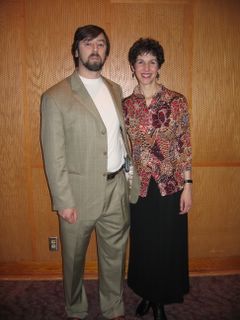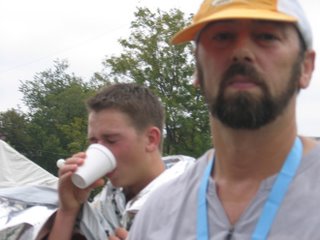Meeting Robin Helzner
Although Robin Helzner is best-known for her brilliant and inspiring performances, a lesser-known fact is that she was in her own way instrumental in facilitating the return of Jewish culture to the Soviet Jewry.
I was privileged to have first met Robin at the opening of the Solomon Mykhoels Cultural Center in Moscow in February of 1989. She was one of the four performers that Edgar Bronfman and Isi Leibler were allowed to bring to Moscow and Leningrad to perform at the opening of the first Jewish cultural center in over 60 years. It was one of the first performances of Hebrew songs for a large audience in the Soviet Union since the 1920s. While the other three performers: Yaffa Yarkoni,, Aura Levin, and Dudu Fisher were on the planned roster for the official inauguration of the Cultural Center from the very beginning, Robyn Helzner was added to the program at the very last moment. Later, she told the story behind her sudden appearance on the program. It turns out that Robyn was traveling as a tourist in the USSR a couple of months prior to the opening of Solomon Mykhoels Cultural Center . She got a couple of addresses of the refusenik leaders from the groups working with the Jewish activists in the USSR. She was able to connect (by following almost James Bond-like techniques) with the activists in Moscow and performed in a couple of filled beyond capacity apartments. She made an enormous impression on her audience, and Yuli Kosharovsky was able to convince Bronfman and Leibler to add her to the program.
A few days after the historic concert, I was also able to arrange a meeting between Robin and an underground Leningrad Jewish band “Haverim”. Robin met the group members at the apartment of Rita Turetskaya, the band’s lead vocalist. In requesting that Robin performed with them, the group was hoping to get a much larger venue for the event than they normally would have been able to book and also to advance a tricky toil of Jewish cultural rebirth in the USSR. Robin was very kind to agree to perform with the group on such short notice and without compensation. With the concert scheduled to take place within two days, we feverishly started looking for a concert venue and miraculously found a hall suitable for 800 people.
The group then ordered radio ads and started to sell tickets. Alas, what was permitted for a Jewish American singer was not permitted for a joint performance with an underground local Jewish band. “Somebody” called the concert hall and ordered the performance cancelled. The hall administrator unenthusiastically complied – a call from the KGB in 1989 Leningrad was still an “offer they could not refuse”. So although the joint performance didn’t take place, both Robin’s visit to the Soviet Union and her brave interaction with underground Jewish activists served as a great boost to the morale of the entire Jewish community in Leningrad.



